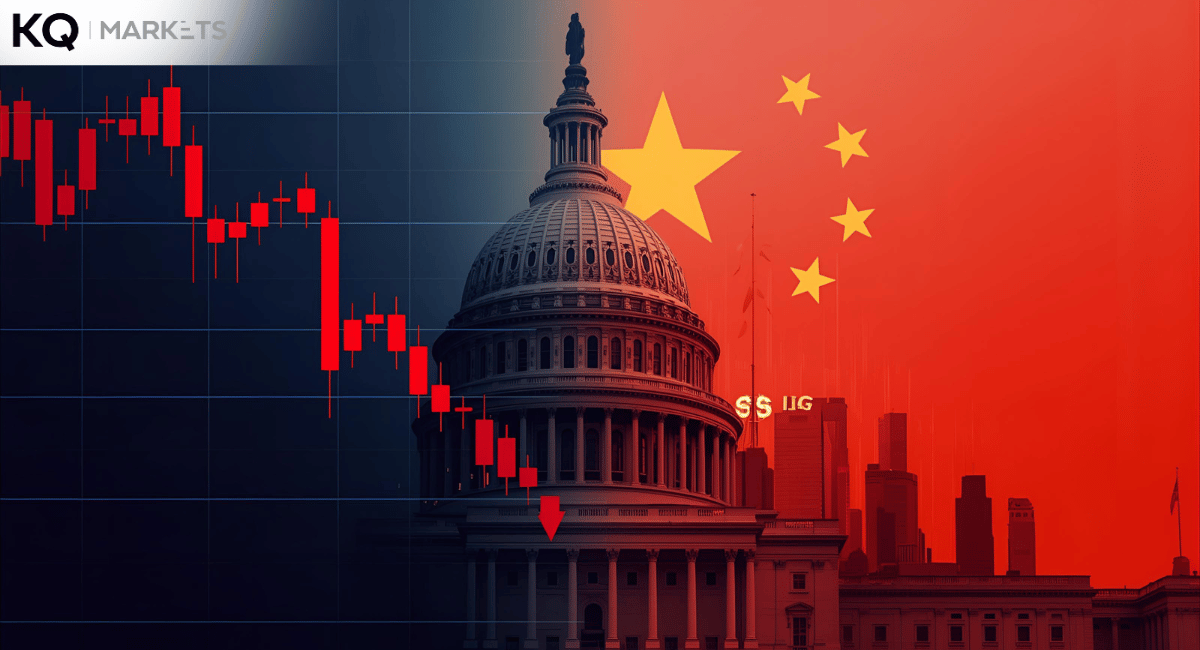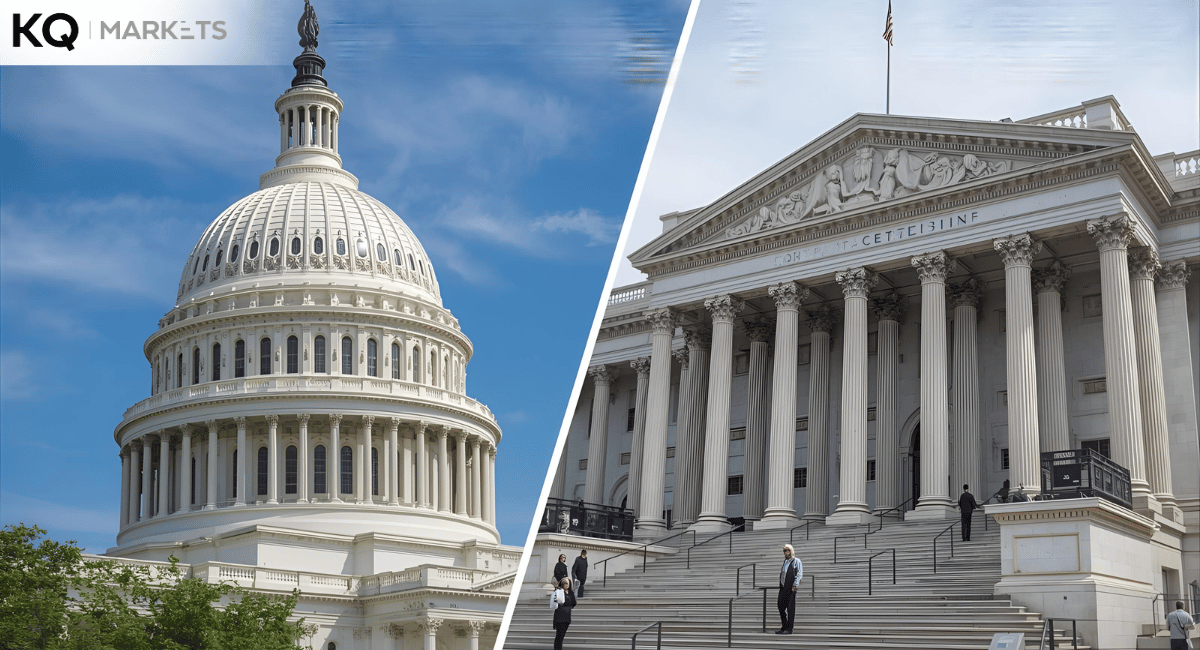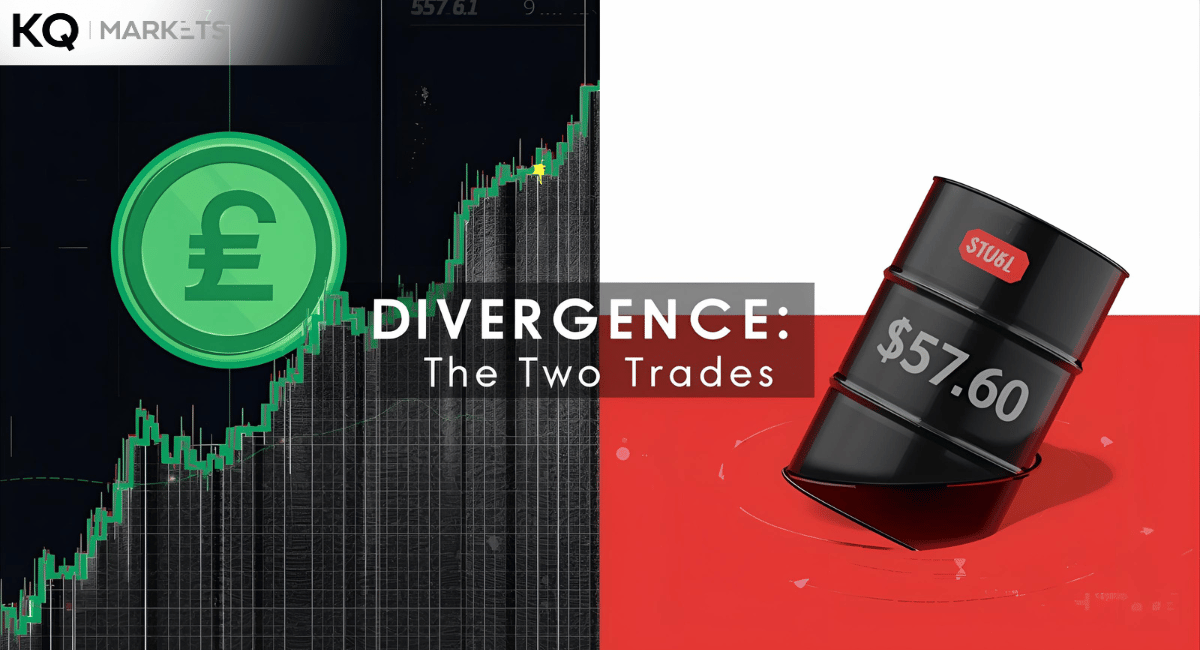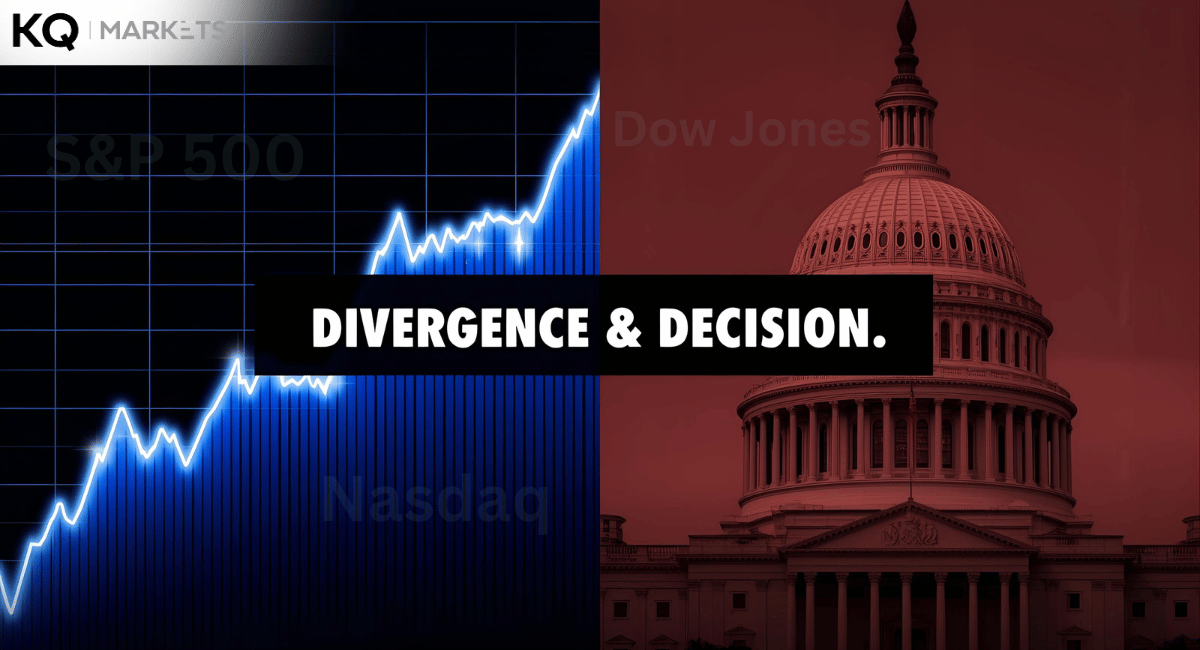Inflation in the UK has increased for the second consecutive month, reflecting ongoing challenges for households and businesses. According to official figures from the Office for National Statistics (ONS), the inflation rate rose from 2.3% in October to 2.6% in November, driven primarily by increases in fuel and clothing prices.
Key Drivers of Inflation
Grant Fitzner, Chief Economist at the ONS, stated that rising motor fuel and clothing prices were the main contributors to the inflation uptick compared to last year. Additionally, prices for recreation and cultural activities also saw an increase.
Interestingly, while airfares typically decline during this season, November recorded the largest drop in airfares since the turn of the century. However, this decline was insufficient to offset the broader upward pressures on prices.
The broader measure of inflation also reflected a 3.5% increase in household spending on services like rent, adding to the financial strain on families.
.png)
Impact on Households and Businesses
Chancellor Rachel Reeves acknowledged the persistent challenges faced by families amidst the high cost of living, noting that "the economy has failed to benefit working individuals for an extended period." Many households are finding it increasingly difficult to manage day-to-day expenses as prices for essentials rise.
For businesses, particularly small and medium enterprises (SMEs), the inflationary trend is increasing operational costs. Retailers may pass on these costs to consumers, potentially affecting holiday sales during the critical shopping season.
The Bank of England’s Role
The Bank of England will announce its interest rate decision on Thursday, with the goal of maintaining inflation at the desired 2% target. However, experts believe that rates are likely to remain unchanged at 4.75% as the Bank assesses the economic outlook.
Economists predict that if inflation continues to rise, the Bank of England may consider further interest rate hikes in early 2024. This could have implications for mortgage rates and borrowing costs, further affecting both consumers and businesses.
Global Context and Future Projections
Inflationary pressures are not unique to the UK. Countries across the globe, including the US and EU nations, are grappling with similar challenges due to rising energy prices and ongoing supply chain disruptions.
Looking ahead, analysts forecast that UK inflation might stabilize in mid-2024, assuming energy prices and supply chain conditions improve. However, uncertainties surrounding global markets and geopolitical factors may continue to play a role in shaping inflation trends.
What Does This Mean for You?
- For households: Budgeting tools and energy-saving measures can help manage rising costs during the winter months.
- For investors: Consider exploring inflation-proof assets such as commodities, real estate, or dividend-yielding stocks to protect your portfolio.
- For businesses: SMEs should monitor input costs closely and explore ways to optimize operational efficiency to stay competitive.
How KQ Markets Can Help You Stay Ahead
At KQ Markets, we understand how inflation and market trends impact your financial decisions. Our platform empowers traders and investors to navigate these economic shifts with confidence.
- Educational Resources: Stay informed about inflation, interest rates, and other key market factors with our expert insights and regular market updates.
- Demo Trading Accounts: Test your strategies risk-free with our demo accounts, giving you the confidence to enter live markets when you're ready.
- Comprehensive Trading Tools: Our intuitive trading platform offers advanced charting tools, real-time market data, and in-depth analysis to help you make informed trading decisions.
Trade Smarter with KQ Markets
At KQ Markets, we empower traders to make informed decisions based on real-time market insights and comprehensive trading tools. As central banks announce rate cuts and inflation data shapes market trends, staying ahead of the curve has never been more critical.
Why Choose KQ Markets?
- Access real-time market updates and expert analysis to stay informed on stock market trends, currency movements, and commodity prices.
- Utilize our intuitive trading platform with advanced charting tools to seize opportunities in volatile markets.
- Learn and test strategies with our demo accounts, designed to help you trade confidently before diving into live markets.
Leverage Market News for Profitable Trades:
- Use the latest US CPI data, rate decisions, and commodity trends to shape your trading strategies. Whether you're investing in stocks, currencies, or commodities, KQ Markets provides the insights you need to stay ahead.
Don’t miss out on opportunities! Sign up with KQ Markets today to access cutting-edge tools and start trading smarter.
Explore Our Trading Platform Now!
.png)




